Part 2: Leaders are readers, in the home and “business”!
In the “business”:
I have rarely, actually never, met the professional in any field who argues that reading was not instrumental in their advancement and success. The saying, ‘leaders are readers,’ is ubiquitous in my entrepreneur and military circles. And I have found my love of reading to be a significant benefit to my personal and professional life.
I recently analyzed what I am reading and how it has impacted me professionally, specifically those titles outside the business, mindset, and self-help sections. To be honest, my analysis was conducted, admittedly with a hopeful bias, in an attempt to show my enjoyment of reading fiction had practical applications outside the home. While it is easy to highlight the myriad advantages of reading fiction in my home, which I did in Part 1 of my “Holes” blog, it is often more difficult within professional circles.
What I didn’t realize is the amount of literature that supports reading across the spectrum of genres in both fiction and non-fiction. Of the many articles I read, two stuck out. The first was a Forbes article by Carmine Gallo titled, “A Navy Admiral Who Reads 100 Books a Year Reveals The Essence of Leadership.” In his article, he discusses Admiral James Stravridis’ voracious reading habit, as as a BLUF, says, “In my career as a communication specialist working with CEOs and successful entrepreneurs around the world, I’ve reached one firm conclusion: great leaders read far, far more books than the average person. He also provides Stravridis’ three big reasons leaders read fiction and non-fiction:
- Books are simulators for the mind.
- Books offer perspective.
- Books improve writing and communication skills.
The second article was in Ascend from Harvard Business Review, titled, “Want to Be a Leader? Read More Fiction.” The author, Brooke Vuckovic, explains that “Classic and contemporary works of fiction can meaningfully enhance leaders’ ability to manage moral complexity at work, through low-cost lessons and practice.” She goes on to explain how fiction enables leaders to connect, correct and expand. “Fiction helps you connect with others across distance and difference; correct your path when it might involve moral inertia and help shape your route through uncharted territory; and expand your moral imagination and ability to effectively manage nuanced moral issues at work.”
As professionals, we should strive to read more often, and more broadly, to include fiction. Not only will doing so enhance our creativity and communication skills, but fiction allows us to explore innumerable dilemmas, exercise our decision-making skills, and force us into “what would I do” situations. These are all extremely valuable exercises and skills in the home and the business.
Now go read a book!
Written by David Gutierrez
To be challenged by other KINETIC Men, join us in the Storehouse Mastermind today!









